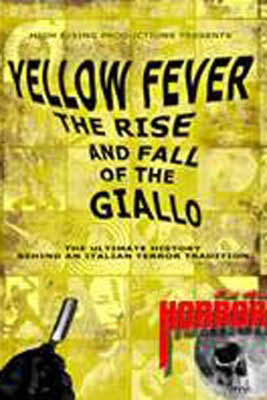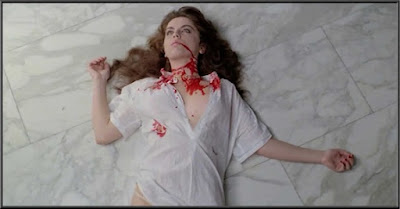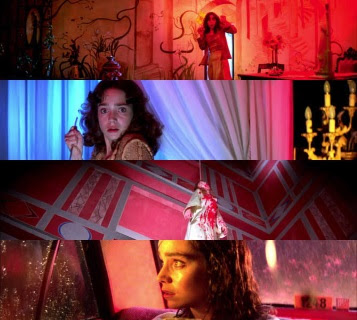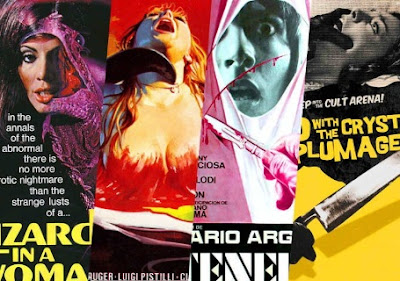Yellow Fever: The
Rise and Fall of the Giallo

Director: Calum Wadell
Year: 2016
Rating:
7.0
I have never embraced the Giallo film. I would
guess that I have seen less than ten of them, maybe less than five - basically
Argento films. They are spectacularly visual - wonderful use of color, blood,
beauty, stylish sets and costumes and of course graphic violence unlike anything
that came before it. The murders are their grand operatic set-pieces - tense,
intricate, artistic, a pulsing hypnotic soundtrack and very violent. The
plots often make little sense, a murderer whose identity is often kept secret
till he has killed numerous people. Nearly all the violence is directed towards
women in which they are brutally murdered - usually by a knife or axe replacing
the male organ. Some think misogynistic. That is a complicated question.
Perhaps not from the directors but to segments of the audience. Nudity, sex
and violent death of women is the definition of misogyny - and in a society
where misogyny seems to be on the rise with creeps like Andrew Tate and their
toxic masculinity. At the same time they can be very tense and are beautifully
shot and as one of the commentators said, women in film have always been
a target for male killers in suspense films. This just take it to a more
exploitive place.






